There are plenty of food swaps you can make to save calories [1], but what about food swaps that save money? The weekly supermarket shop can get out of hand when you've got various factors to take into consideration, but there are some easy changes you can make to put a big dent in that receipt. You'll reap huge savings if you're willing to swap your usual tipple to a low-alcohol alternative [2], but you don't have to embrace the spirit of Dry January year round to save a substantial amount of cash. From swapping expensive meats for cheaper cuts and vegetarian options to switching from named brands to supermarket-owned, check out 15 tips to help you get a handle on your grocery bill [3].
Swap Ready-Made Snacks For Homemade
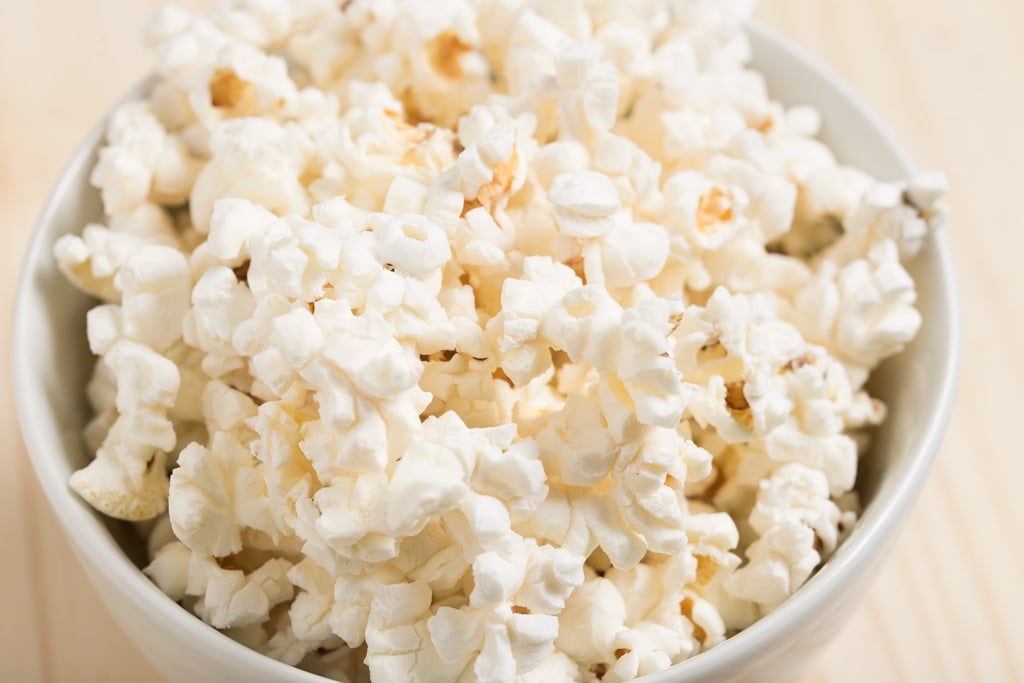
Why pay nearly £2 for a packet of ready-made popcorn when you can buy a whole pack of kernels that will make dozens of the equivalent amount for practically half that price? Homemade popcorn is also way healthier [4].
There are lots of other snacks and foods that are much cheaper to make yourself. This applies to granola, trail mixes, salad dressing, pasta sauces, pizza — the list goes on.
Comparison: Sainsbury's Popping Corn [5] costs £1.10 for 500g, while a packet of Metcalfe's Skinny Topcorn Popcorn Sweet 'n Salt [6] costs £1.60 for 80g.
Swap Fresh For Frozen
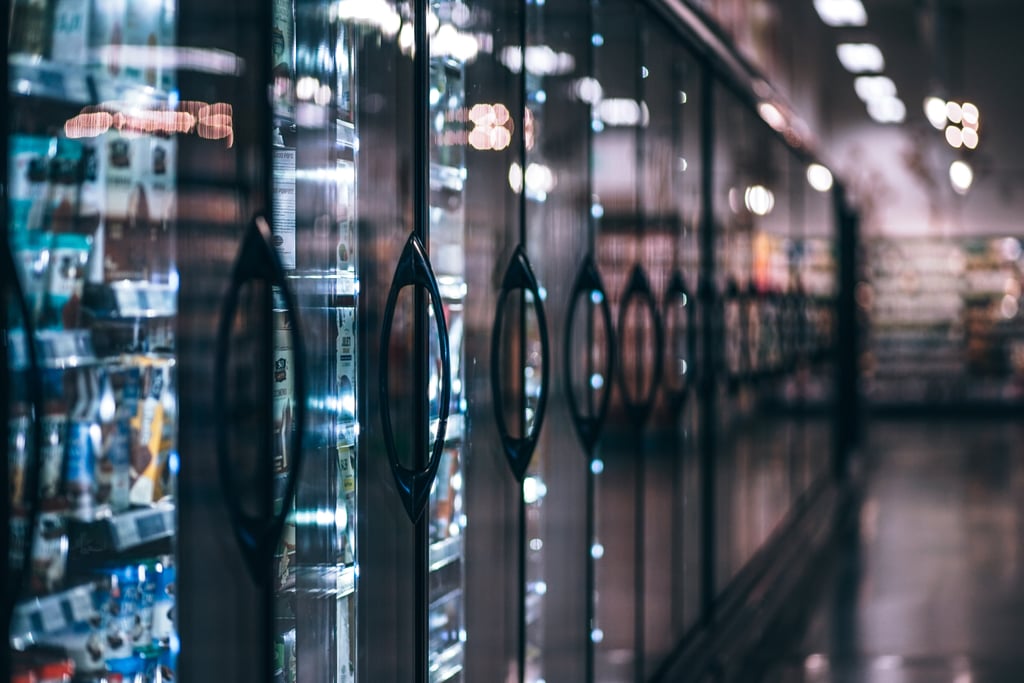
We can be a bit snooty about frozen produce over fresh, but actually the process of freezing, say, fish straight away can actually lock in more nutrients. It will also save you quite a bit of cash.
The same logic applies to vegetables and some fruit. This is particularly the case if you won't be able to get through a whole packet of the fresh equivalent before it goes off.
Comparison: The fresh Leap Wild Sockeye Salmon Side [7] costs £15 for 450g (that's £33 per kg) while the frozen Young's Wild Pink Salmon Fillets [8] cost £4 for a 360g four-pack (that's £11 per kg).
Swap Meat For Pulses
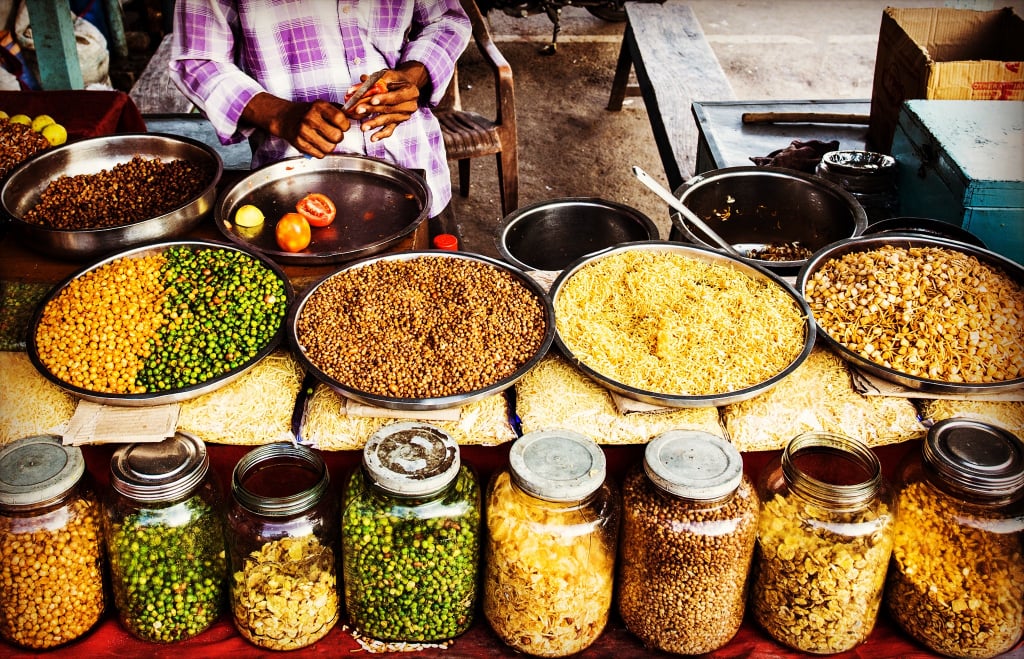
There's no denying that meat — and good-quality meat, which is the only kind you'll really want to eat — is expensive. You can get plenty of protein and low-fat fibre from pulses instead.
If you already do meat-free Mondays, why not try extending that vegetarian diet [9] to more days? There are lots of swaps you can make using tofu, Quorn, and other meat substitutes too. Just make sure you're still meeting your nutritional requirements [10].
Comparison: While Sainsbury's Beef Mince 5% Fat (500g) [11] costs you £3.50, a tin of Sainsbury's Basics Red Kidney Beans [12] costs just 10 percent of that at 35p.
You could use those beans in your bolognese instead of the mince. You don't have to go the whole hog — you could just use half as much meat and bulk out your meal with pulses.
Swap Prepacked For Loose
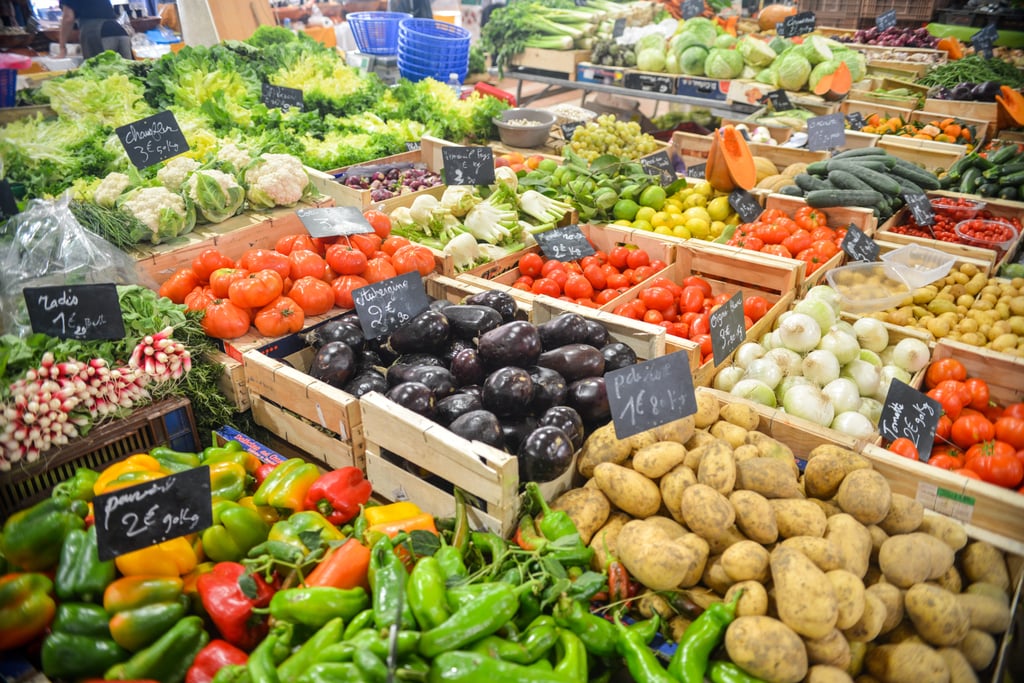
We often take it for granted that fruit and veg come in prepackaged amounts, but you can just buy one banana or two carrots — you don't have to buy a bunch of six or a kilo's worth!
This is more straightforward if you shop in person, as you can choose the individual items yourself — and using the scales to print out the cost is actually quite fun.
Persevere if you shop online, though, as you will be able to find loose items with a bit of careful searching — just make sure you select "items", not "kgs"!
Swap Your Usual Supermarket For Better Value
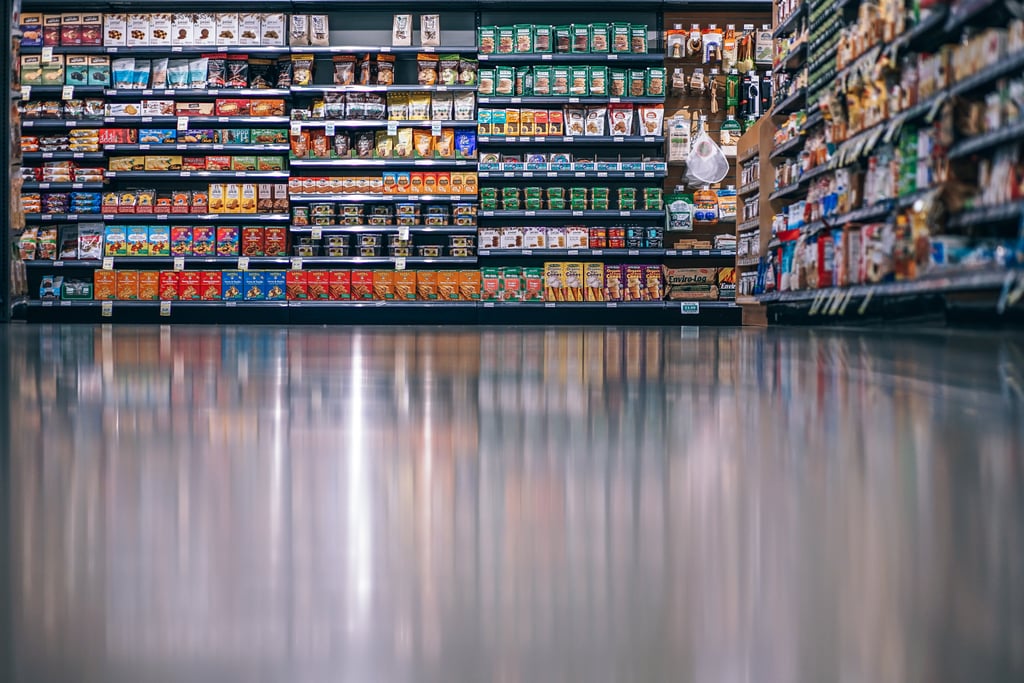
We all have a favourite supermarket, and the likelihood is you head there pretty much every time. You might shop there out of habit or convenience, but you can make huge savings by being open minded about where you do your shopping.
It might be that you're just as happy with food from Lidl, Aldi, Asda, or Morrisons as you are with Marks & Spencer or Waitrose. Your loyalty to one shop might be holding you back from better deals at another.
There are also some great discount codes available if you're happy to become a supermarket nomad. I switched from Sainsbury's to Waitrose, which sounds like my shop got more expensive, but they were offering £20 off a shop over £80 for a total of five shops — that's a massive savings of £100. I'll switch again when the next code comes up.
Comparison: You can use MySupermarket [13] to compare prices at different shops and to transfer your favourites from one online retailer to another.
Swap White For Whole Grain

Whole grains aren't necessarily cheaper than their white, refined counterparts, but they can work out cheaper in the long run. That's because they fill you up more, so you won't need to eat as much or as frequently. They're also better for you.
Switch from white to whole grain with your bread, pasta, rice, etc., and you'll do your wallet and your health a favour.
Swap Expensive Cuts For Cheaper Meats
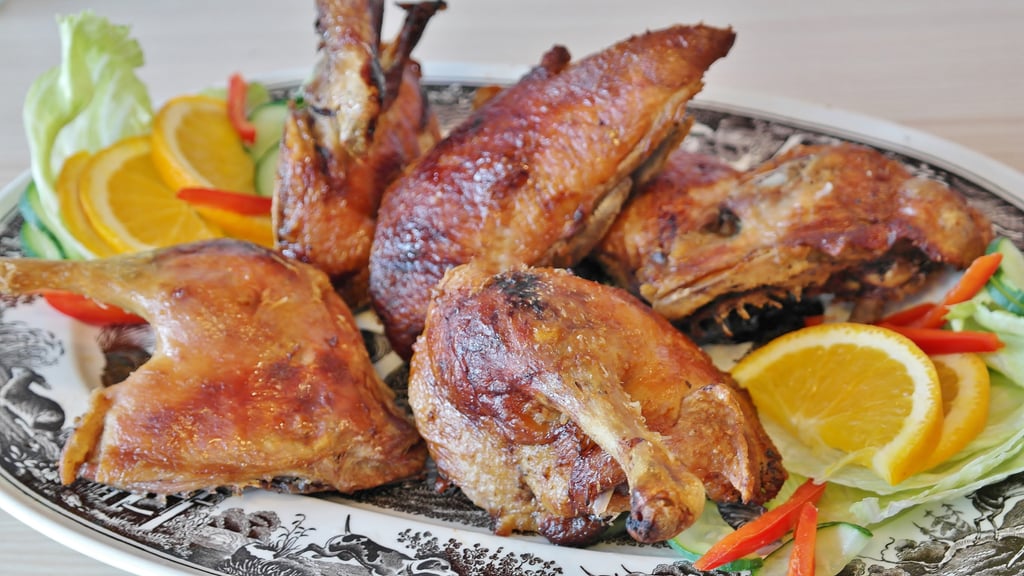
It's easy to assume that more expensive cuts of meat are tastier or better than cheaper cuts, but you can actually make more delicious meals — particularly stews, casseroles, and curries — with the more affordable cuts.
Switch chicken breast fillets for chicken thighs, and go for lamb neck or shank instead of leg and beef skirt instead of fillet. You'll also find it much cheaper to buy turkey mince over red meat mince — and it's healthier too.
Comparison: Tesco Chicken Breast Portions [14] cost £4 for 650g (that works out as £6.15 per kg), while Tesco British Chicken Thighs [15] cost £3 for 1kg.
Swap Storage Habits For Better Options
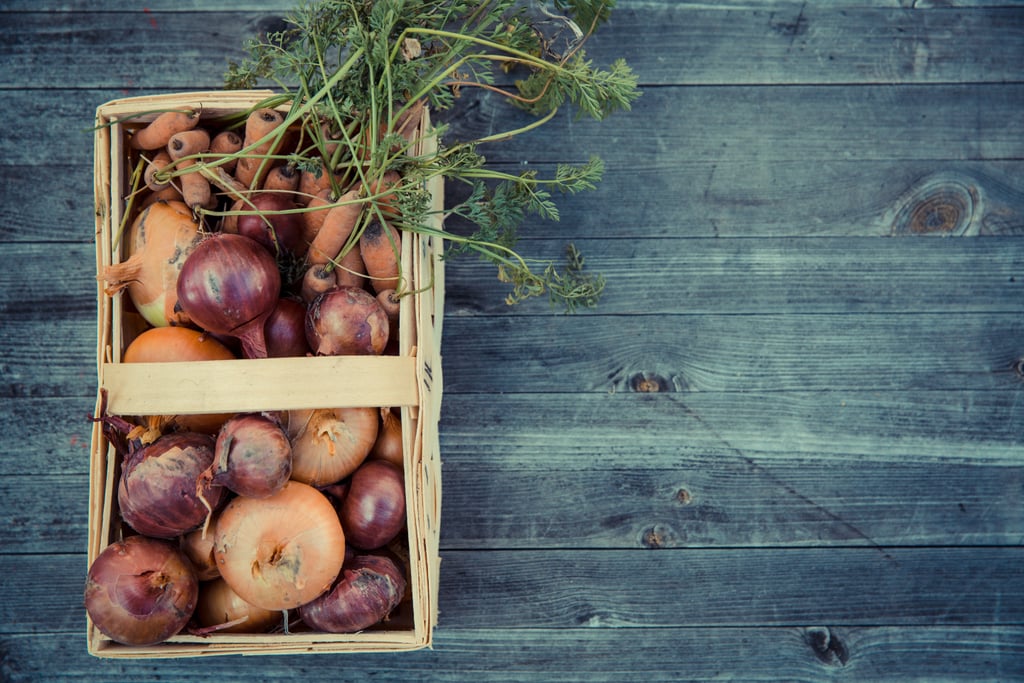
Do you keep your potatoes and onions in the fridge together, and then find a lot of it is going to waste? That might be because your storage habits aren't working to keep your food fresh. The less waste, the more money you'll save. Here's how.
The BBC's Eat Well For Less presenter Gregg Wallace has advice on storing food [15] to help it last longer. Instead of the fridge, store potatoes and onions in a cool, dark place — not together, however, as the gases they produce can damage each other. Avoid storing them in plastic bags, too — paper bags are fine.
You can use plastic bags for other veg in the fridge, but make sure they have holes in them. Avoid storing veg at the bottom of the fridge, as it's colder there. The bottom of the fridge is best for raw poultry, meat, and fish. The middle shelf is for eggs, as you don't want them to get too cold. The top shelf is for preprepped food that doesn't need cooking and dairy, as it's the warmest (and most consistent) place.
Swap Soft Drinks For Infused Water
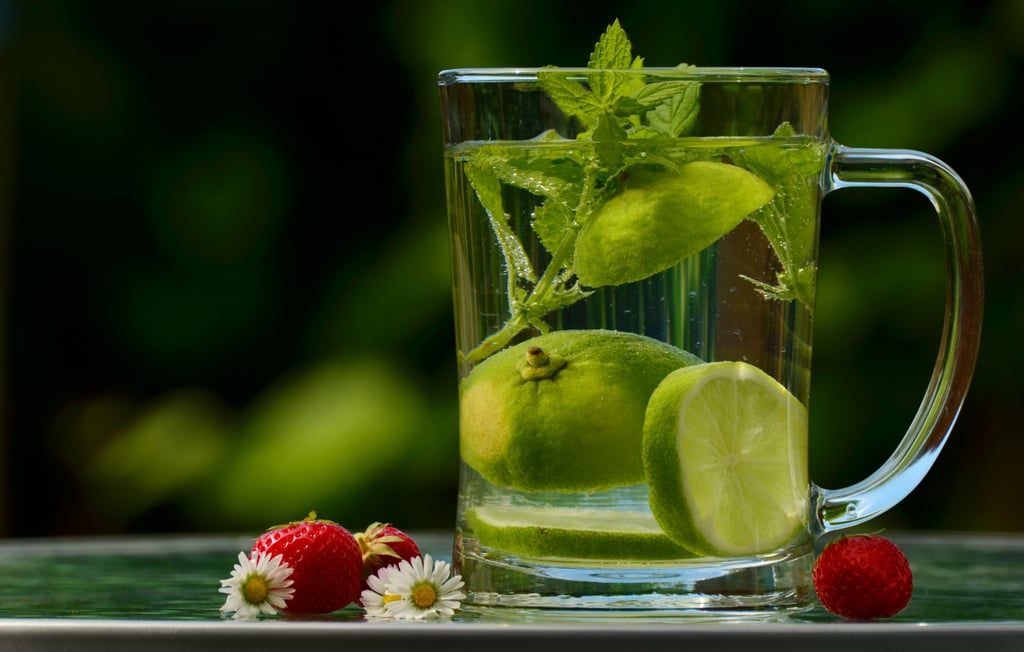
Flavoured waters and fizzy drinks cost a huge amount more than a glass of tap water, but you don't have to put up with entirely plain drinks to make savings — you can infuse water [16] yourself with fruits, vegetables, herbs, and spices. It's super cheap and healthy too.
Comparison: Volvic Touch of Fruit Lemon & Lime [17] usually costs around £1 for 1.5 litres. All you need is a few slices of a loose lemon or lime (around 30p each) to infuse your own water.
If you usually go for fizzy drinks like Coca-Cola [18], which can typically cost around £2 for 1.5 litres, then you'll make even bigger savings (and reap bigger health benefits, too).
Swap Individual Pots For Larger Size
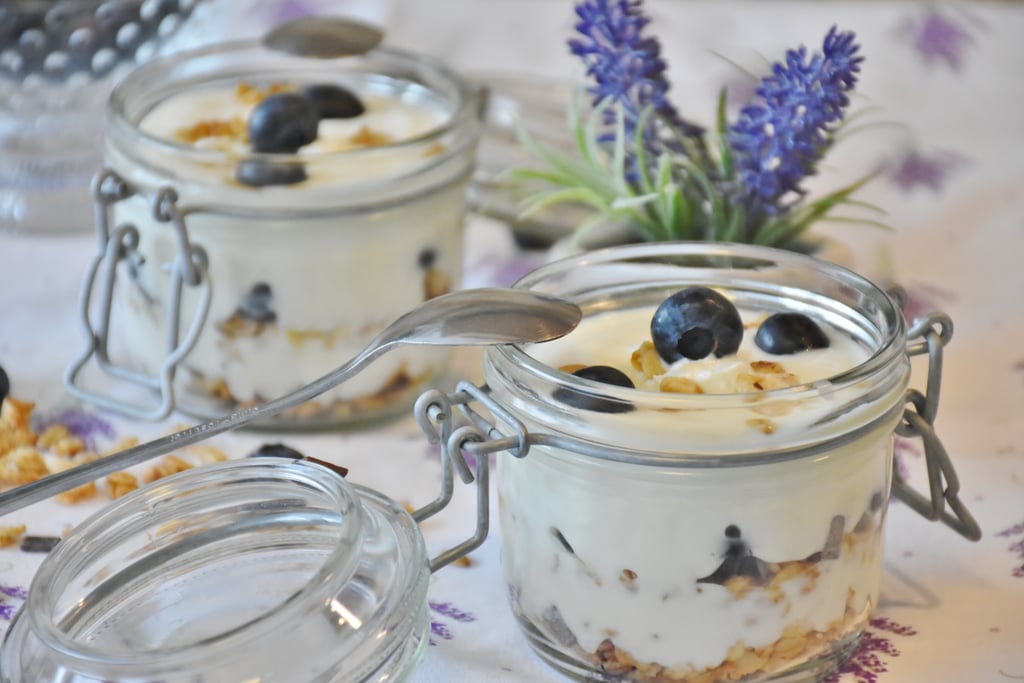
If you're feeding a family or group of friends, then it pays to buy in bulk. That doesn't mean you have to go down the cash and carry for a comically large jar of Marmite — it can be as simple as going for the larger version of the same product, if you know you're going to eat it all by the use-by date.
Yoghurts are a good example of where this is an easy switch to make. You can always make individual-size portions by using glass jars (reuse sterilised jam jars for a thrifty option).
Comparison: A 170g pot [19] of Fage Total 0% Fat Authentic Greek Yoghurt costs £1 (that's nearly £6 per kg) vs. a 1kg pot [20] for £4.
Swap Pregrated/Peeled/Sliced/Diced For Whole Pieces
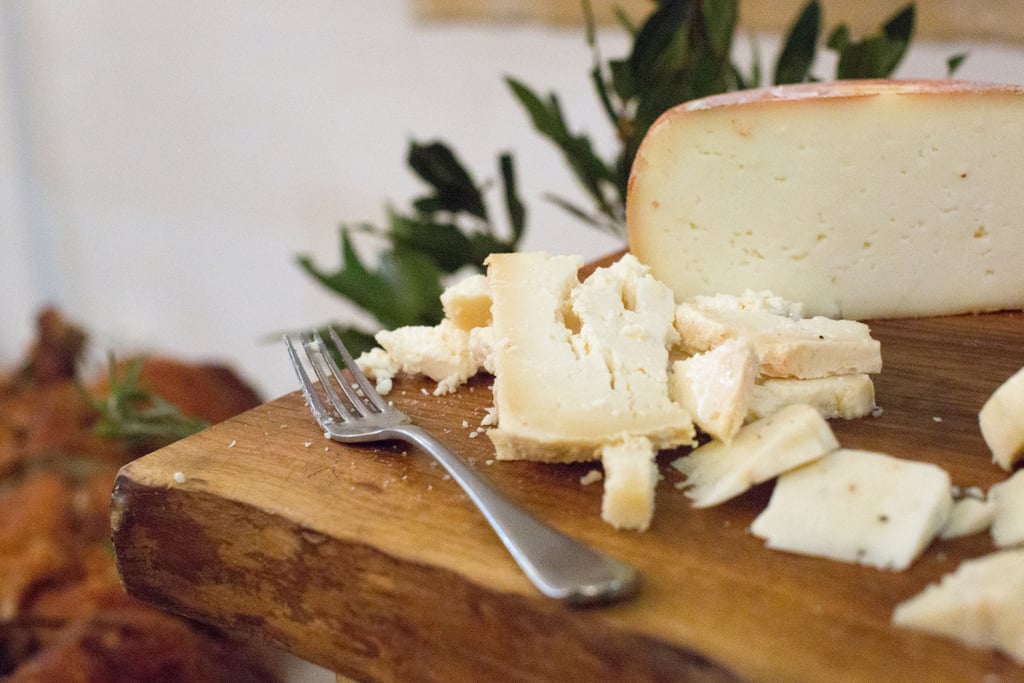
If you're able to use a grater, peeler, and knife, then it probably isn't worth paying more to have your cheese grated, your fruit diced, or your vegetables peeled and cut in advance. You'll save a pretty packet by buying them whole or in a block.
Comparison: Essential Waitrose Lighter Mature Grated Cheese [21] costs £2 for 250g (that's £8 per kg) while Essential Waitrose Lighter Mature Cheese [22] costs £3.50 for 550g (that's about £6 per kg).
Swap Out of Season For in Season
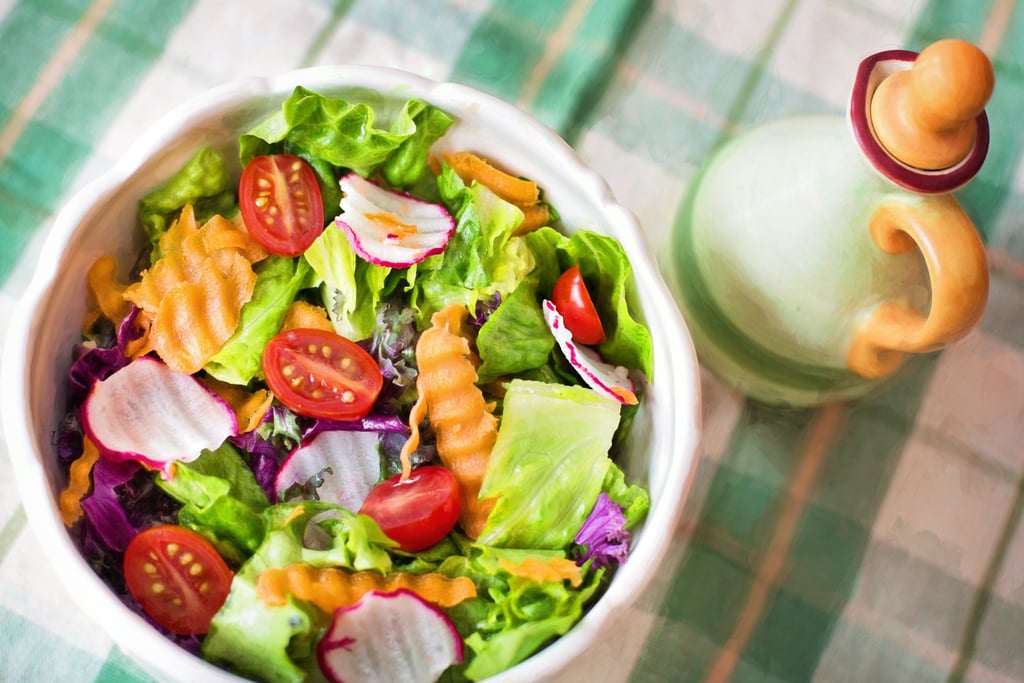
We all get used to eating certain foods year round, but fruits and vegetables only grow locally at certain times.
If you eat in-season foods instead of those that are being shipped in from thousands of miles away, you'll save money and they'll likely taste better too. You'll be doing your bit for reducing food miles too.
Swap On-Trend Grains For Cheaper Variety
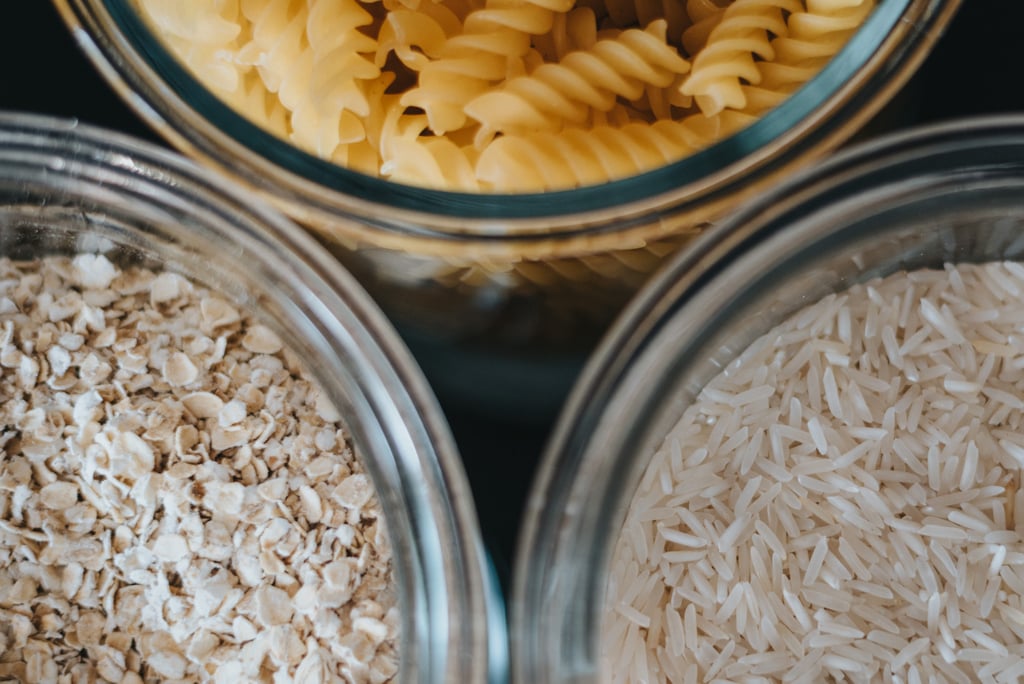
Eating a variety of grains is very good for you, but if you stick to the high-priced items, then your wallet will feel it. If you need to cut your food bill, try swapping out expensive quinoa with more affordable rice or millet. On the subject of rice, long grain is cheaper than basmati, too.
Comparison: Tesco Whole Foods Quinoa [23] is £2 for 300g (which is 66.7p per 100g), while Tesco Basmati Rice [24] is £1.60 for 1kg (that's 16p per 100g), and Tesco Everyday Value Long Grain Rice [25] is 45p for 1kg (that's 4.5p per 100g).
Swap Prepacked Takeaway Lunches For Homemade
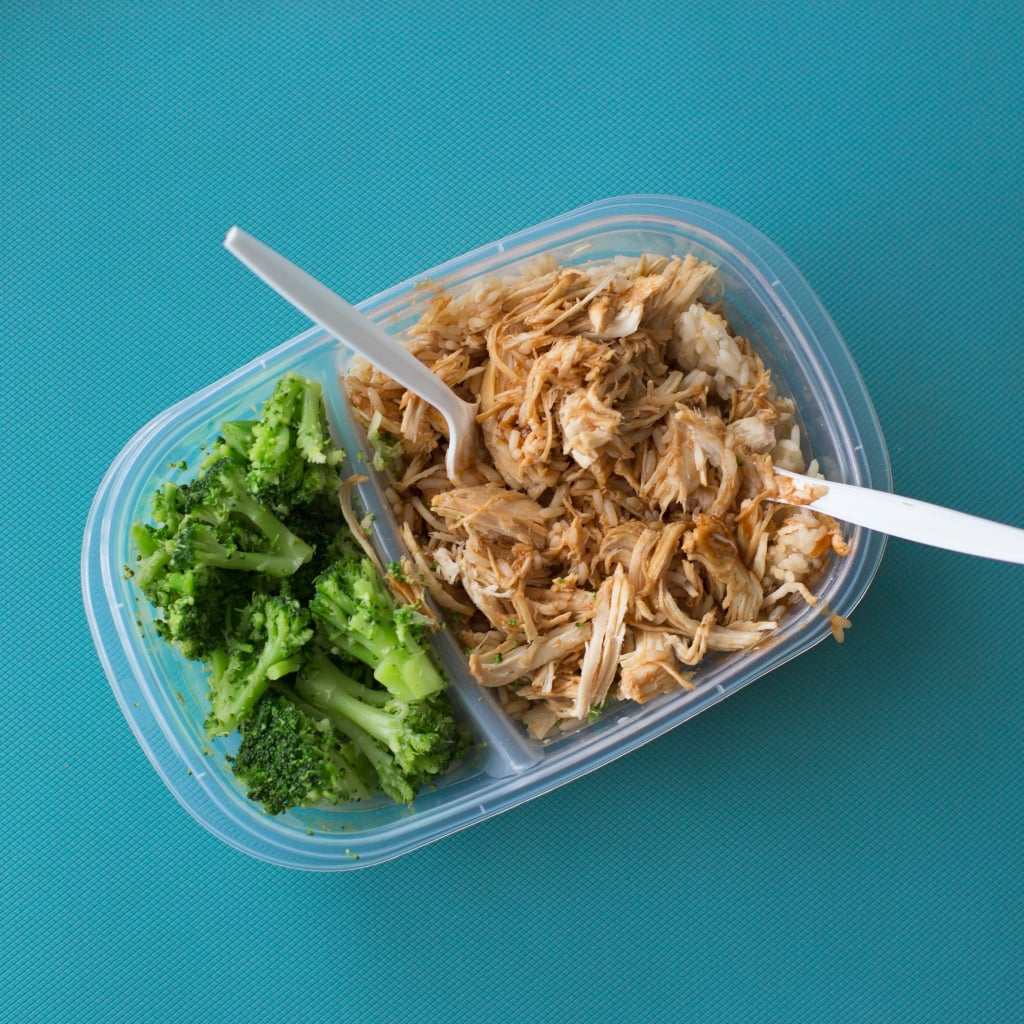
Grabbing a takeaway lunch from the supermarket is easy, but if you're able to put a bit of time into preparing your own healthy lunches [26] to take to work, you'll save a huge amount.
Invest in some Tupperware, buy your ingredients, and then get preparing and saving.
Swap Named Brands For Supermarket-Owned

There's no denying that the popular brands cost more than their supermarket-owned counterparts, yet still we buy them. Whether out of habit or a genuine preference for the taste, if you're willing to let go of your favourite makers, you'll find you save big.
Tip: If your kids are fussy, try decanting the own-brand into the branded bottle — chances are they'll believe what they see rather than what they taste!
Comparison: A bottle of Heinz Tomato Ketchup [27] costs £1.50 for 460g (that's 32.6p per 100g), whereas a bottle of ASDA Tomato Ketchup [28] costs 38p for 500g (which is 7.6p per 100g).